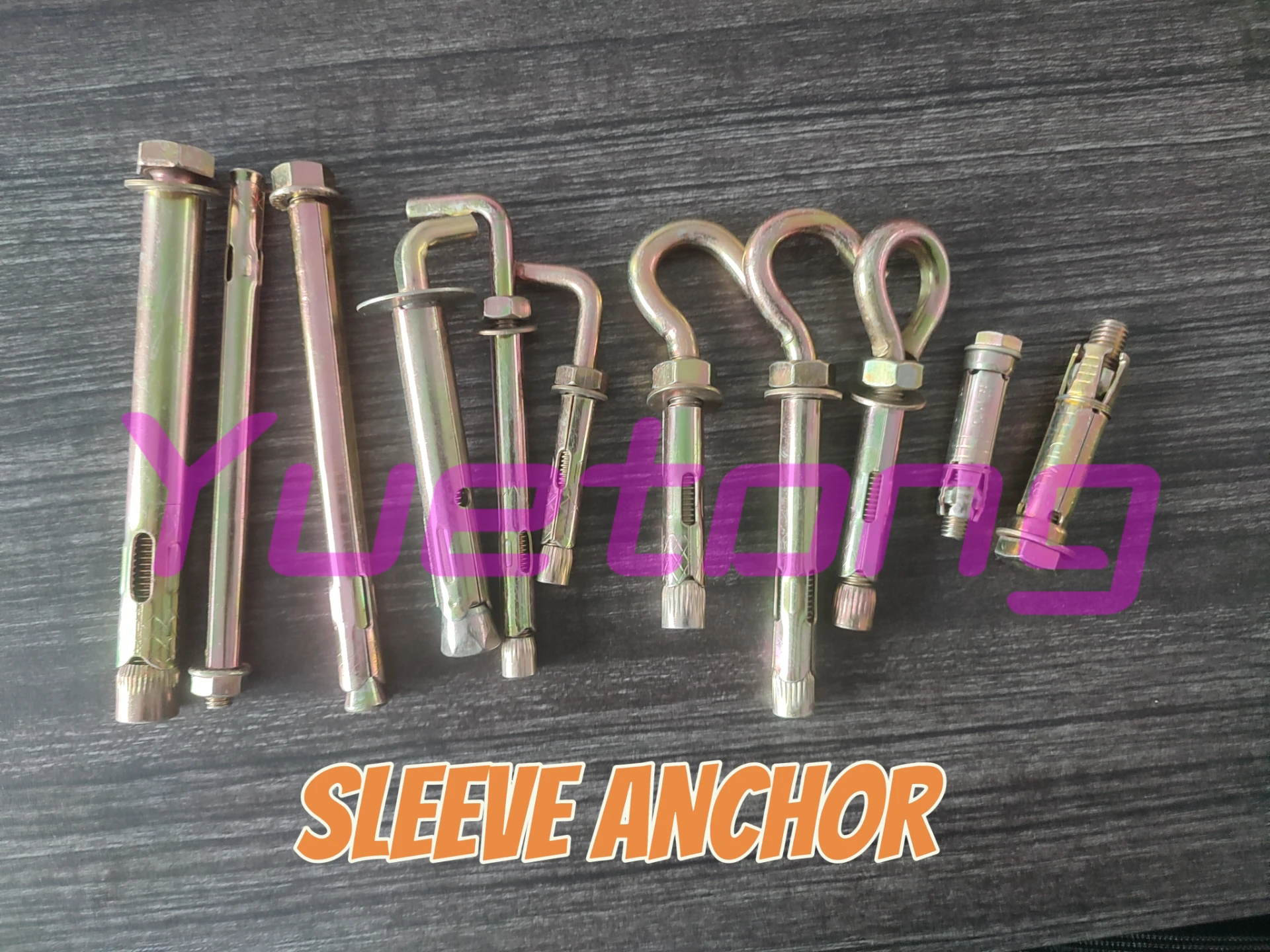Říj . 30, 2024 12:03 Back to list
sleeve anchor
The Importance of Sleeve Anchors in Construction and Engineering
When it comes to construction and engineering, the choice of fasteners can significantly impact the stability and durability of structures. Among the various fastening options available, sleeve anchors have gained popularity due to their versatility and robustness. Understanding what sleeve anchors are, their applications, and their advantages offers essential insight into why they are favored in many construction projects.
What are Sleeve Anchors?
Sleeve anchors are a type of mechanical anchor that consists of a bolt encased in a sleeve, typically made of metal. When installed, the anchor’s expansion sleeve opens up as the bolt is tightened, securely gripping the material into which it is embedded. This mechanism provides a strong hold in various base materials, including concrete, brick, and masonry, making sleeve anchors an essential tool for both professional contractors and DIY enthusiasts.
Applications of Sleeve Anchors
Sleeve anchors are widely used in various construction applications. They are ideal for hanging heavy objects, such as shelves, cabinets, and fixtures, on walls made of concrete or masonry. Additionally, they are commonly employed in installing railings, signs, and light fixtures, ensuring that these elements remain securely in place over time. Their ability to bear considerable loads makes them suitable for both residential and commercial construction, where safety and reliability are paramount.
Advantages of Sleeve Anchors
sleeve anchor

One of the primary advantages of sleeve anchors is their ease of installation. They can be installed with standard tools, typically requiring only a hammer drill and a wrench. This user-friendly nature enables quick installation, saving time and labor costs on construction projects. Furthermore, sleeve anchors provide exceptional holding power, which is crucial for maintaining the integrity of structures subjected to dynamic loads or vibrations.
Another significant benefit of sleeve anchors is their adaptability to different environments. They come in various materials and finishes, including zinc-plated steel, stainless steel, and hot-dipped galvanized options. This variety allows builders to choose anchors suitable for specific environmental conditions, such as those exposed to moisture or corrosive substances.
Considerations for Use
Despite their many advantages, correct installation of sleeve anchors is vital for achieving optimal performance. Factors such as the base material, anchor length, hole size, and load requirements must be carefully considered. It is also essential to follow the manufacturer’s guidelines to ensure that the anchors perform as intended.
Moreover, while sleeve anchors are robust, they have limitations; for instance, they may not be the best option for use in hollow walls or soft substrates. In such cases, alternative fastening solutions, such as toggle bolts or specialized adhesive anchors, may be more appropriate.
Conclusion
In summary, sleeve anchors play a crucial role in construction and engineering, offering a reliable, efficient, and adaptable fastening solution. Their unique design and ease of use make them a staple in both commercial and residential projects. As construction techniques evolve, the importance of understanding the various fastening options, including sleeve anchors, will continue to grow, ensuring the safety and durability of structures worldwide. Whether you are a professional builder or a DIY enthusiast, incorporating sleeve anchors into your toolkit will undoubtedly enhance your construction capabilities.
-
The Ubiquitous Reach of DIN934 in Application Realms
NewsMay.16,2025
-
Exploring Different Bolt Types
NewsMay.16,2025
-
Cracking the Code of Sleeve Anchor Mastery
NewsMay.16,2025
-
Clamp Design Principles,Types and Innovations
NewsMay.16,2025
-
Artistry Inspired by the Humble Anchor Bolt
NewsMay.16,2025
-
A Deep Dive into Screw Types
NewsMay.16,2025


